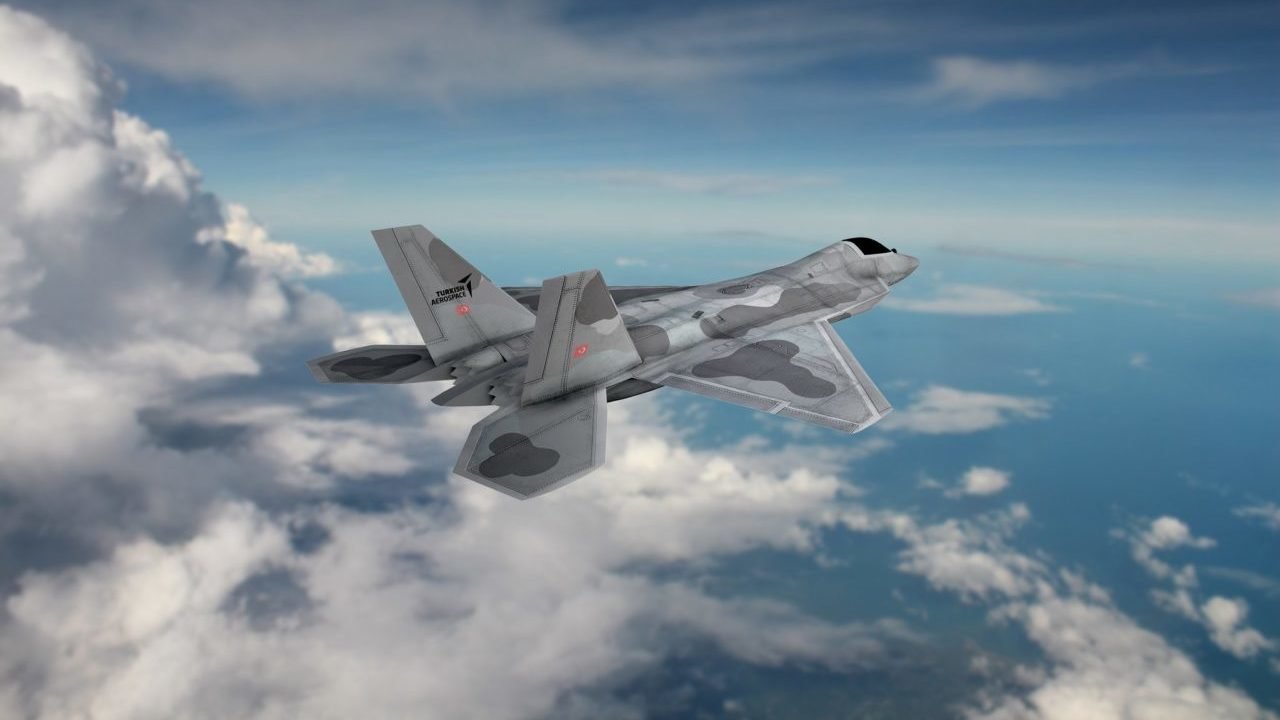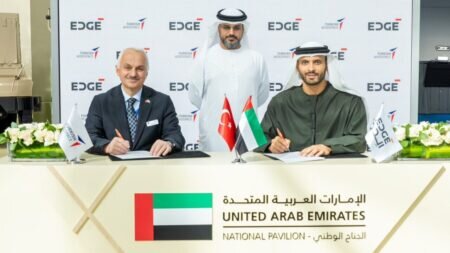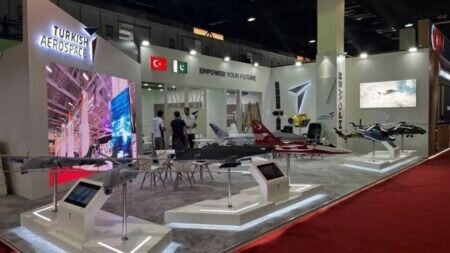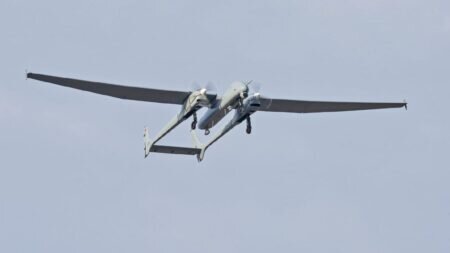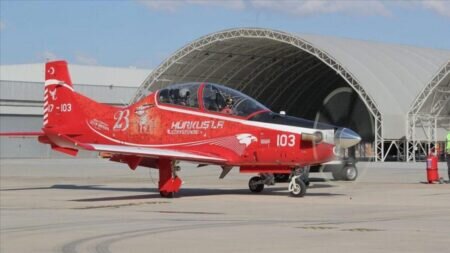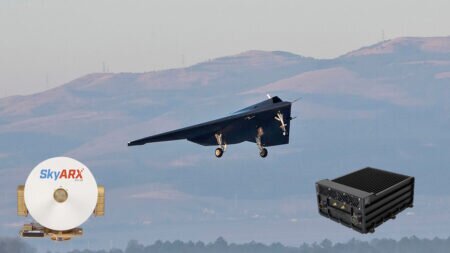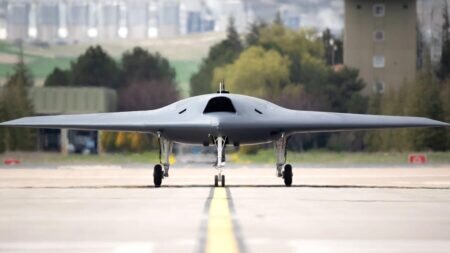Turkish Aerospace announced that the company managed to reduce the fatigue tests done to the structural components of the aircraft by 70 percent thanks to its recently developed AI-based capability.
The company stated that with the commissioning of digital twin technology, the life of materials will be determined during the testing phase. Thus, besides saving time, effective use of human resources will be ensured, energy use and the amount of scrap material generated during the tests will be reduced.
Turkish Aerospace announced that it was able to verify the work, which was done with the contributions from the Turkish Aerospace USA office and academics from the world's leading universities. Thanks to the work involving TOBB University, the fatigue tests applied on the metals (Aluminum and Titanium) were scientifically verified with artificial intelligence, machine learning and deep learning. For the next stage, studies have been started for the application of materials such as different metals, composite polymer materials and titanium alloys used in aircraft structures.
The company will start the real world test of the product's twin designed in the virtual environment as soon as the test phases of the product begin. Turkish Aerospace will collect test data from the same piece that it will design in a virtual environment with Digital Twin technology. As a result of the test data obtained from here, it can be determined beforehand which areas will get fatigued and how much. Thus, the durability of the part will be known.
Sharing his views on the work carried out, Turkish Aerospace Industries General Manager Prof. Dr. Temel Kotil said, “Our efforts to develop our aircraft at world standards with tomorrow's technologies continue rapidly. Collaboration with our engineers in our company's office in the USA and academics who are experts in their fields bore fruit. We have domestically developed another skill and we have confirmed this with TOBB University, one of the most respected universities of our country. We continue to work on the use of more advanced technologies. I would like to thank everyone who has made developments that will contribute to the aviation ecosystem of our country.”

